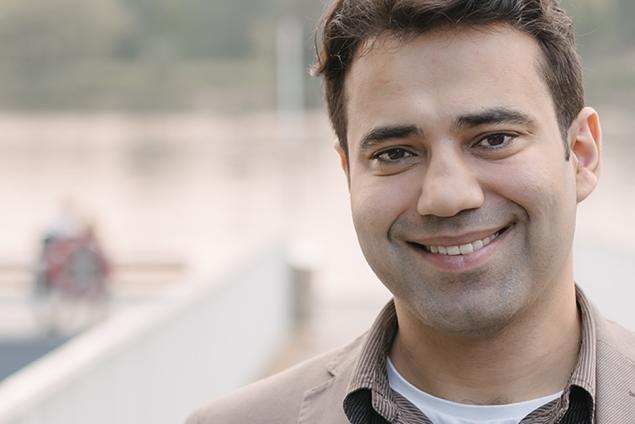The rollout of smart electricity meters is gathering pace in the EU as in the US. In this video, ANDREAS GERSTER asks what information smart meters should provide to bring about an optimal reduction in energy consumption. Comparing the effectiveness of aggregate data and appliance specific feedback, Gerster shows that more detailed information can help households to significantly limit their electricity use. Highlighting potential savings for German households of some €500-600M per annum, the research also develops a novel method of cost benefit analysis that can be used in settings where consumer misperceptions are an issue.
DOI:
https://doi.org/10.21036/LTPUB10900
Institution

University of Mannheim (Universität Mannheim)
For generations, the University of Mannheim has been preparing students to take on leadership roles in business, academia, and society. One of the university’s strengths in this task is its profile, which is characterized by the economic and social sciences. It is in these fields that the University of Mannheim has repeatedly been ranked as one of the top 20 European research institutions. Key focuses of Mannheim researchers include decision-making processes and elections, governance, regulation, competition and innovation, migration and multilingualism, and the culture of change. The campus surrounding Mannheim’s baroque palace is a place where bright minds from across the globe come together to learn, discuss, research, and prepare to make their mark on the world.
Show more
Original publication
Disaggregate Consumption Feedback and Energy Conservation
Published in 2020Beyond
A Ground-breaking Scientific Revolution
An Alarming Challenge for Society
If I Had a Second Life
A Personal Reading Recommendation




